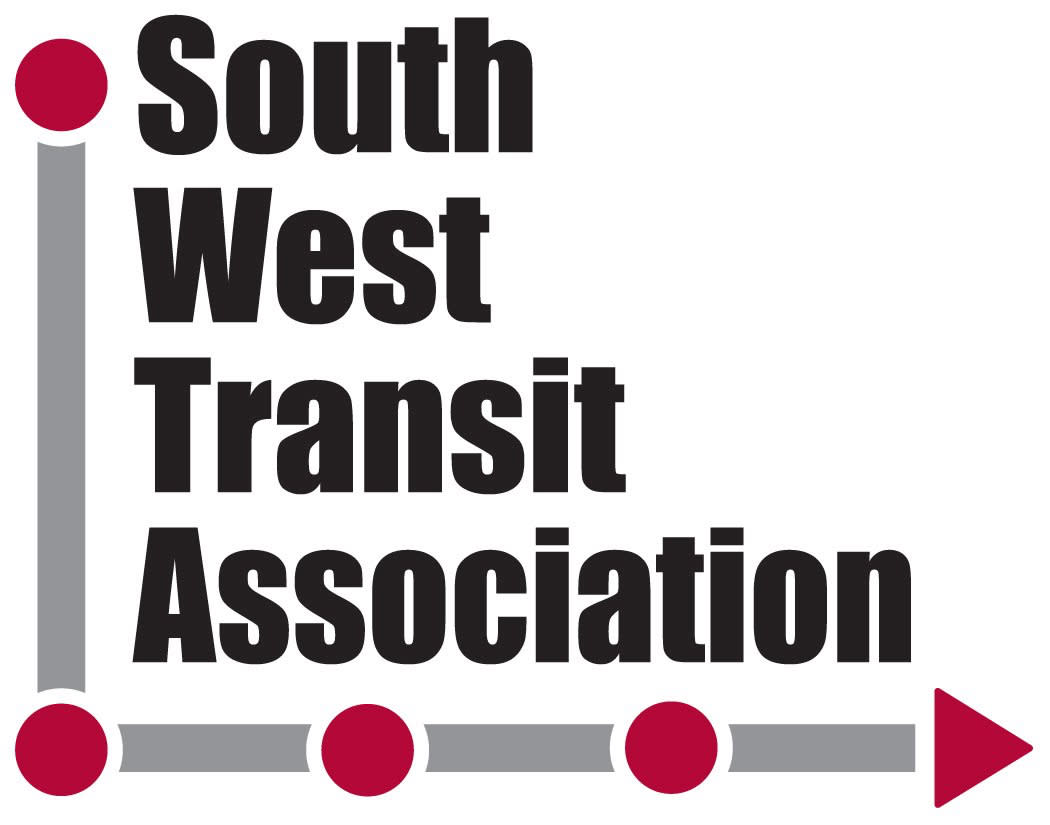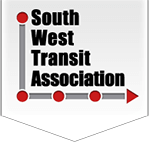South West Transit Association

SWTA's 2023-2024 Federal Legislative Priorities
SWTA's federal legislative priorities concurrent with the 117th United States Congress.
Ensure Annual Transit Appropriations Match Authorized Levels: The 5-year funding levels authorized in the Infrastructure Investment & Jobs Act (IIJA)/Bipartisan Infrastructure Law (BIL) sets the stage for substantial support and improvement of transit systems of all sizes across the country. Congress needs to honor these levels each year in the appropriations process.
Provide Relief for Vehicle Shortages and Employee Hiring: The impacts of COVID have left long-lasting imprints on the ability of transit providers to procure new vehicles and hire additional front-line staff. Specific policy and regulatory mechanisms such as flexible changes, updates or waivers to Buy America(n) requirements, the Commercial Drivers License (CDL) process, drug and alcohol testing procedures, housing programs and more can ease the burden on transit agencies in maintaining and expanding service.
Explore Updates to Non-Federal Match Requirements, Especially for Rural Providers: The federal-state-local partnership in funding public transit systems has been and remains essential to our industry. But some federal programs contain non-federal match ratios that are difficult to achieve for many communities, often leaving federal funds on the table because no state or local funding is available. This is especially true in rural areas, where economic recovery takes longer and isolation drives costs higher.
Support All Forms of Additional Revenue for Transportation: Due to federal gas tax rates that have remained unchanged for a generation, the Highway Trust Fund and its Mass Transit Account are often insolvent, requiring infusions of unrelated revenue by the Congress. Options include raising the gas tax as well as initiation of vehicle miles traveled (VMT) strategies to allow electric and hybrid vehicles to contribute, along with other ideas.
Create New & Innovative Programs to Prepare for the Future: Even before COVID, transit networks were exploring new and more flexible ways to serve the entirety of their communities through new technologies, fare strategies, service models. New programs that that offer specific investment for public transit innovation will allow us to enhance mobility and meet needs for affordable housing, access to education and health care, crucial services for veterans and others and fuel local economies with job growth and commercial activity.
Investigate Updates to Charter Service Regulations: Private transportation companies play important roles in moving people to work, events and destinations, often in partnership with transit agencies. But in many smaller communities, these businesses do not have a meaningful presence and current federal regulations prevent transit agencies from acting like a business to obtain non-federal revenue and meeting local needs for purpose-built passenger service.
